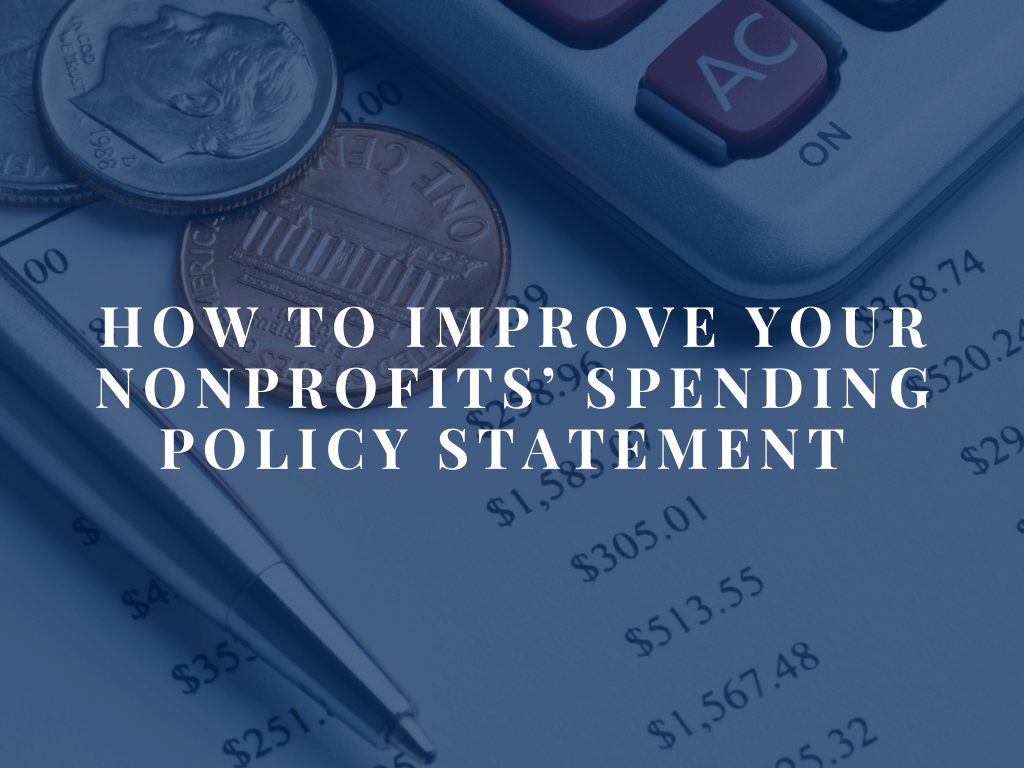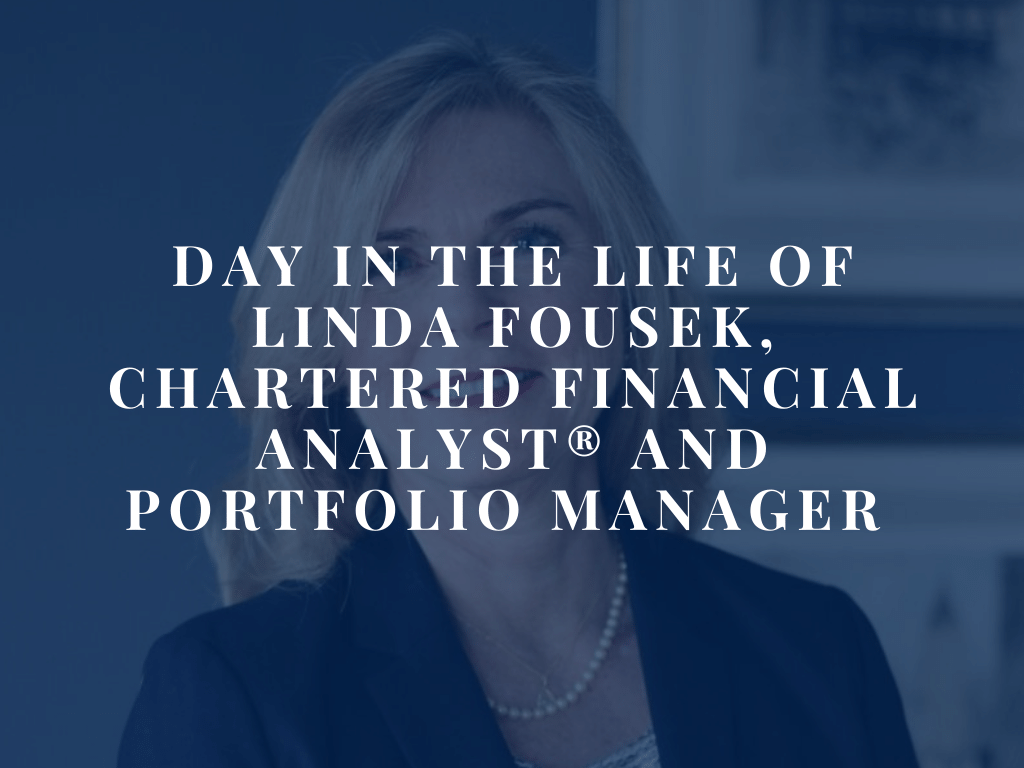As we progress through life, we arrive at various well-defined markers along the way, termed as life events or major milestones. These events might include earning a college education, entering the workforce, marrying, raising a family, advancing in your career and retiring. There are obviously many others you might experience during your life’s journey.
In this article, we address the financial stages of life. We look to define those phases and help you properly prepare for each stage. Goal setting is a key component of this process. Better preparation today will lead to a more beneficial outcome once you reach your retirement years.
The 3 Financial Phases of Life: Tips to Help You Prepare
Topics: Financial Planning, Retirement Planning
You Can’t Take It With You: When and How to Help the Next Generations Financially
Living Well With Wealth Series 1 of 3
In this first blog post in our Living Well With Wealth series, we discuss giving money to family. Next in the series, we offer insights into charitable giving.
It’s highly common for our clients with children, grandchildren and other family members to direct their assets to things or activities that will help those family members financially. Allocating portions of your legacy and offering financial assistance can make a lifelong impact on your loved ones. So, how and when should you get started, and what do you need to consider?
Topics: Financial Planning, Investment Management, Wealth Management, Retirement Planning
How to Improve Your Nonprofit's Spending Policy Statement
A spending policy statement (SPS) is crucial for nonprofits to ensure their funds are being spent in a way that benefits their mission, pleases their donors and adheres to legal policies. I see this firsthand as I serve as an investment committee member for my church. We meet quarterly to make investment decisions for the endowment and scholarship funds. As a Senior Portfolio Manager at Carnegie Investment Counsel’s Cleveland location, I am happy to share more information on improving a nonprofit spending policy.
Topics: nonprofit financial advisors, ESG, Nonprofits
The Paris Climate Accord – A Friend to American Business?
The U.S. rejoined the 197-nation Paris Climate Accord. Under the accord, the U.S. has committed to reducing greenhouse gas emissions by 50% of 2003 levels. President Biden has also stated that his administration wishes to move the U.S. to net zero emissions by 2050.
There is a great deal of trepidation about the potential economic consequences surrounding this matter. The concern is that it will require a lowering of consumption in the U.S. and even our standard of life.
If these targets are not just posturing but serious goals, they may portend both large government spending and tax incentives. Rejoining the Paris Climate Accord may signify a historical capital spending boom by both government and private businesses.
One of the most important aspects of responsible financial planning is risk management. A proper understanding of risk can help you anticipate losses and gains and create an investment strategy with your financial planner as you build wealth. Assessing your risk tolerance can guide you in your investment decisions. Armed with this knowledge, you can start to see the risk of avoiding risk.
It is important to identify your financial goals, what it will take to reach those goals and understand the level of risk you are willing to take to get there. Your goals and behavior must be aligned.
Topics: Financial Planning, Investment Management
How Hiring a Financial Advisor for Your Nonprofit Can Help You Make a Greater Impact
When you work or volunteer for a nonprofit agency, your work is important and valuable. You might even say you are “doing good in the neighborhood!” When you combine your nonprofit mission with strong financial management you can make an even greater impact for those you serve.
Strong financial management is critical to the success of nonprofit organizations and helps them be more effective. This is true now more than ever, with the impact of COVID placing increased demand on financial resources. It helps to enlist the support of a qualified financial advisor to help navigate your nonprofit through volatile times.
So, what’s the case for engaging a nonprofit financial advisor for your organization? Here are some key benefits:
Topics: Financial Planning, Investment Management, nonprofit financial advisors
Are you considering hiring a planner to help navigate your financial future? If so, do you know what financial planning entails? Financial planning revolves around taking a holistic view of a client's financial situation and advising them on how to achieve realistic economic goals.
While it seems simple enough, there are several myths surrounding financial planning that might prevent you from enlisting a planner. Let's examine four of these in detail to help you reach a better understanding of how a financial planner can meet your needs.
Topics: Financial Planning
Day in the Life of Linda Fousek, Chartered Financial Analyst® and Portfolio Manager
We continue our series profiling different financial advisors at Carnegie Investment Counsel with our Portfolio Manager Linda Fousek. Linda is a Chartered Financial Analyst® and her expertise areas are investment strategy and asset allocation, including portfolio construction and implementation.
How to Craft an Investment Policy Statement for Your Nonprofit, Corporation or Yourself
As a portfolio manager at Carnegie Investment Counsel, I am involved with creating portfolios designed to help clients meet their goals. For individuals, corporations or nonprofits, investment policy statements (IPS) are a way to outline goals and objectives. Outside of work, I serve as an investment committee member for my church's endowment. As such, I am sharing my IPS experience as a portfolio manager and as a community member in my church. Let's start with some basics.
Topics: Investing, Financial Planning, Wealth Management
A Day in the Life: Meet Brittany Blazey and Learn How Relationship Managers Simplify Life for Clients at Carnegie Investment Counsel
Brittany Blazey loves to think of ways to make her clients feel valued. Her role as the Relationship Manager at our Toledo Office is a perfect fit for a person with a heart for taking care of clients.
Topics: Investing, Financial Planning, Relationship Management











